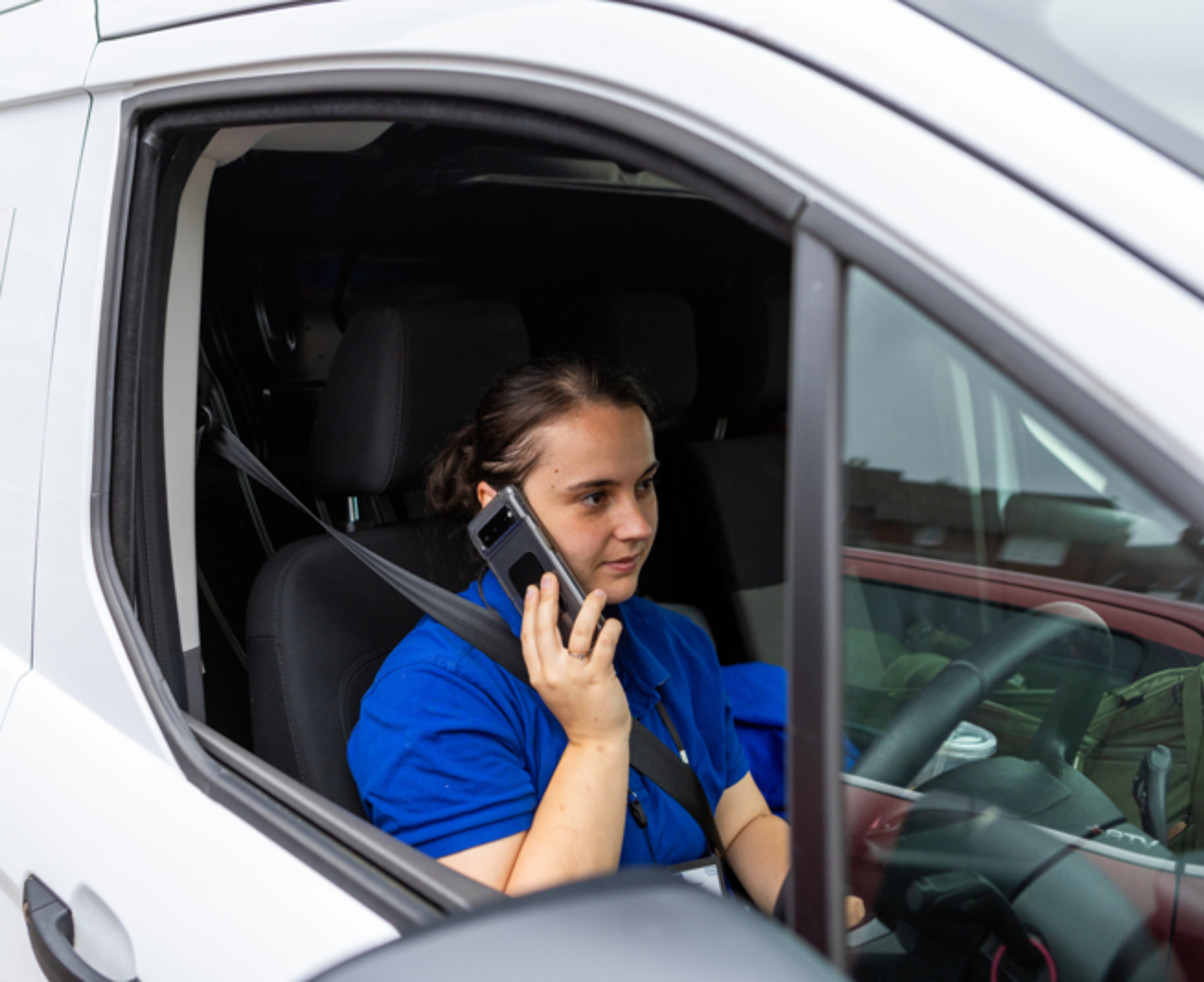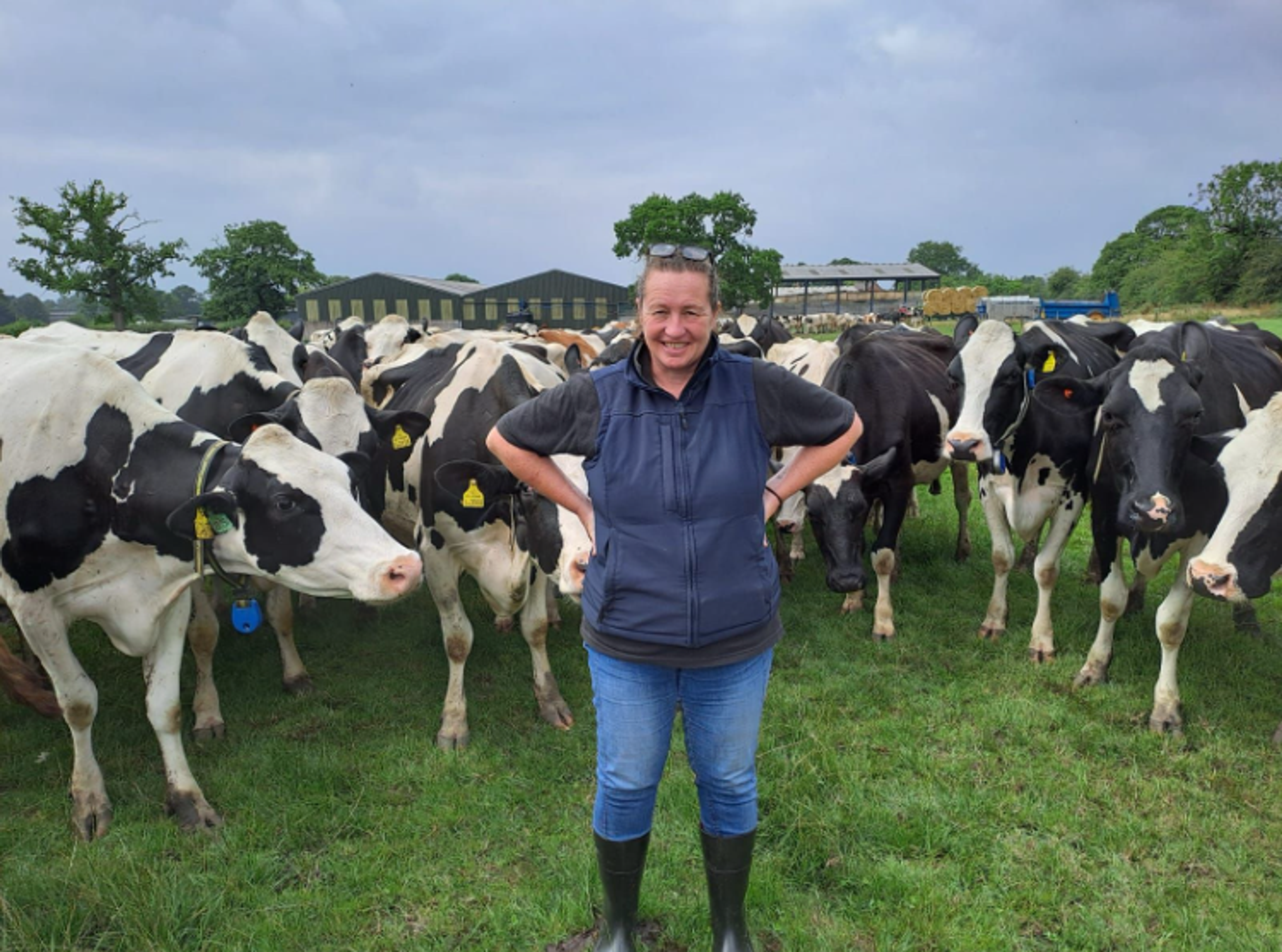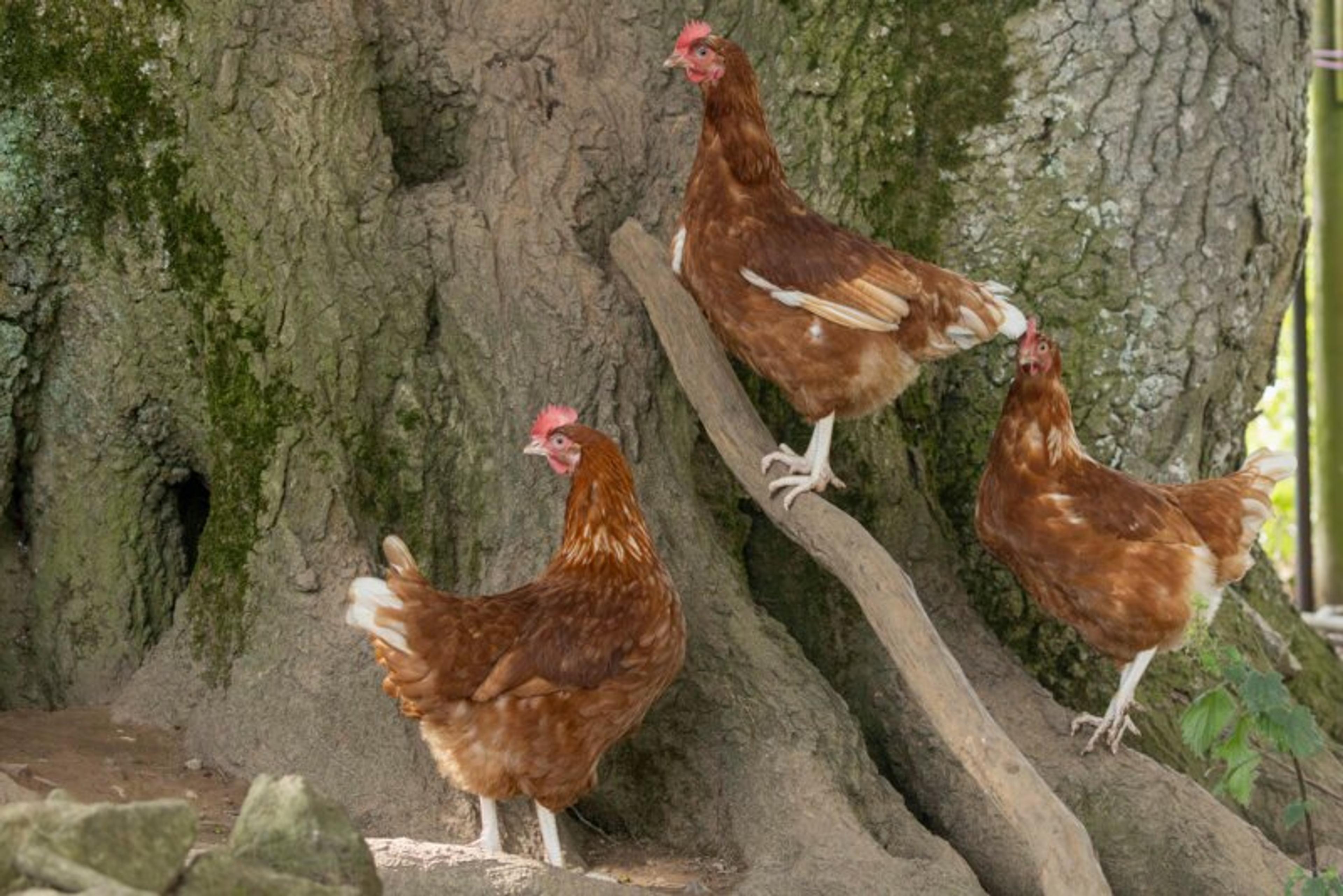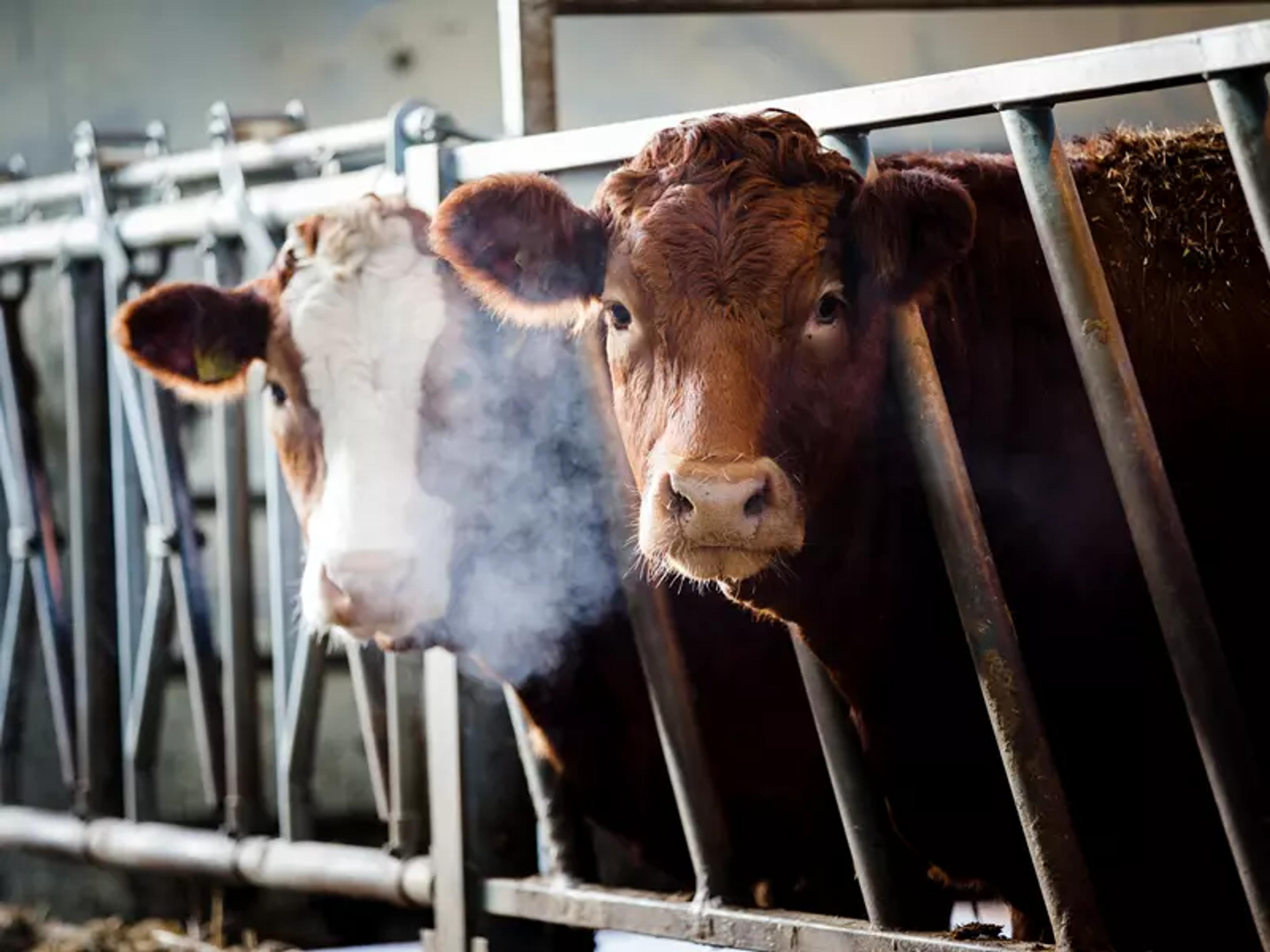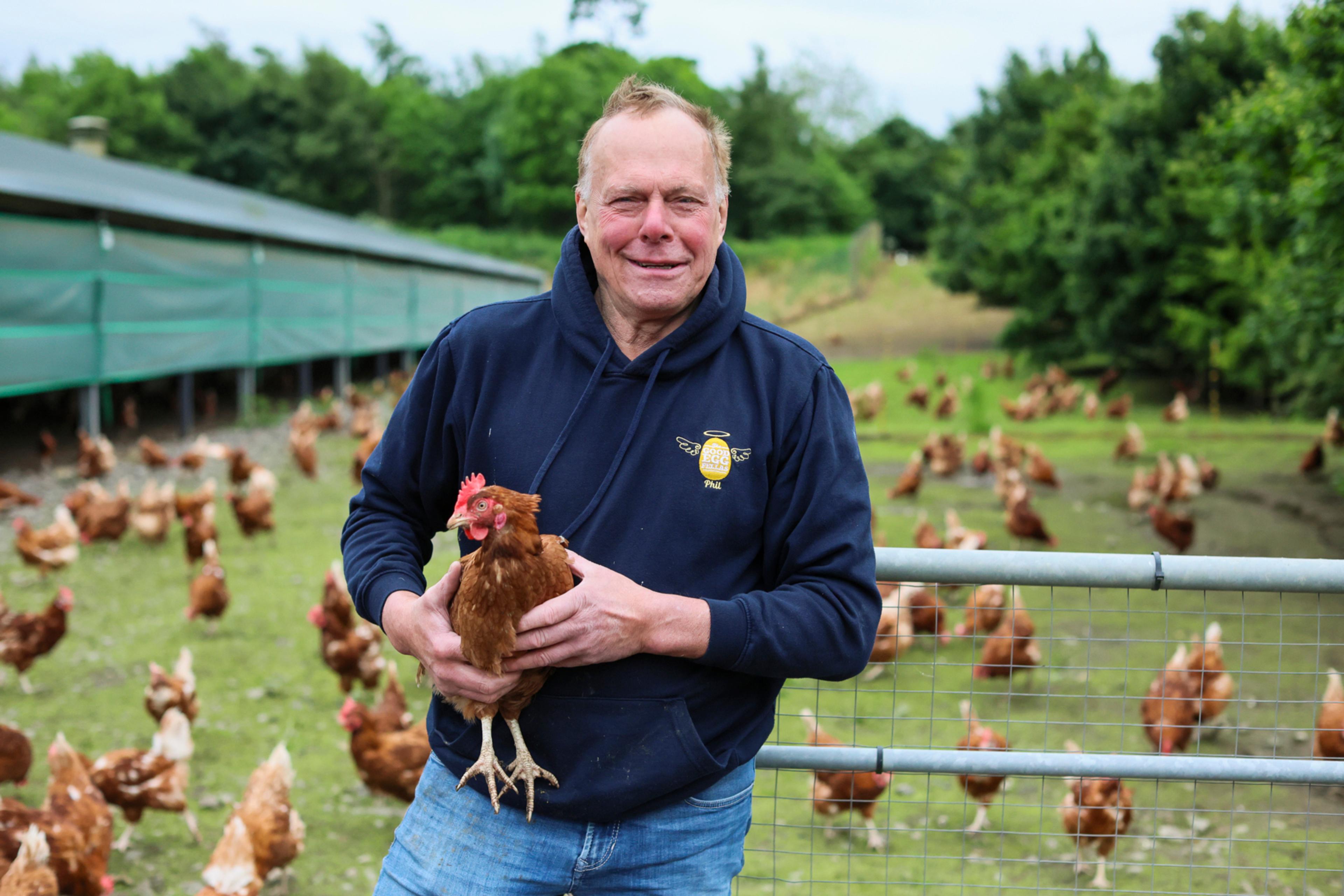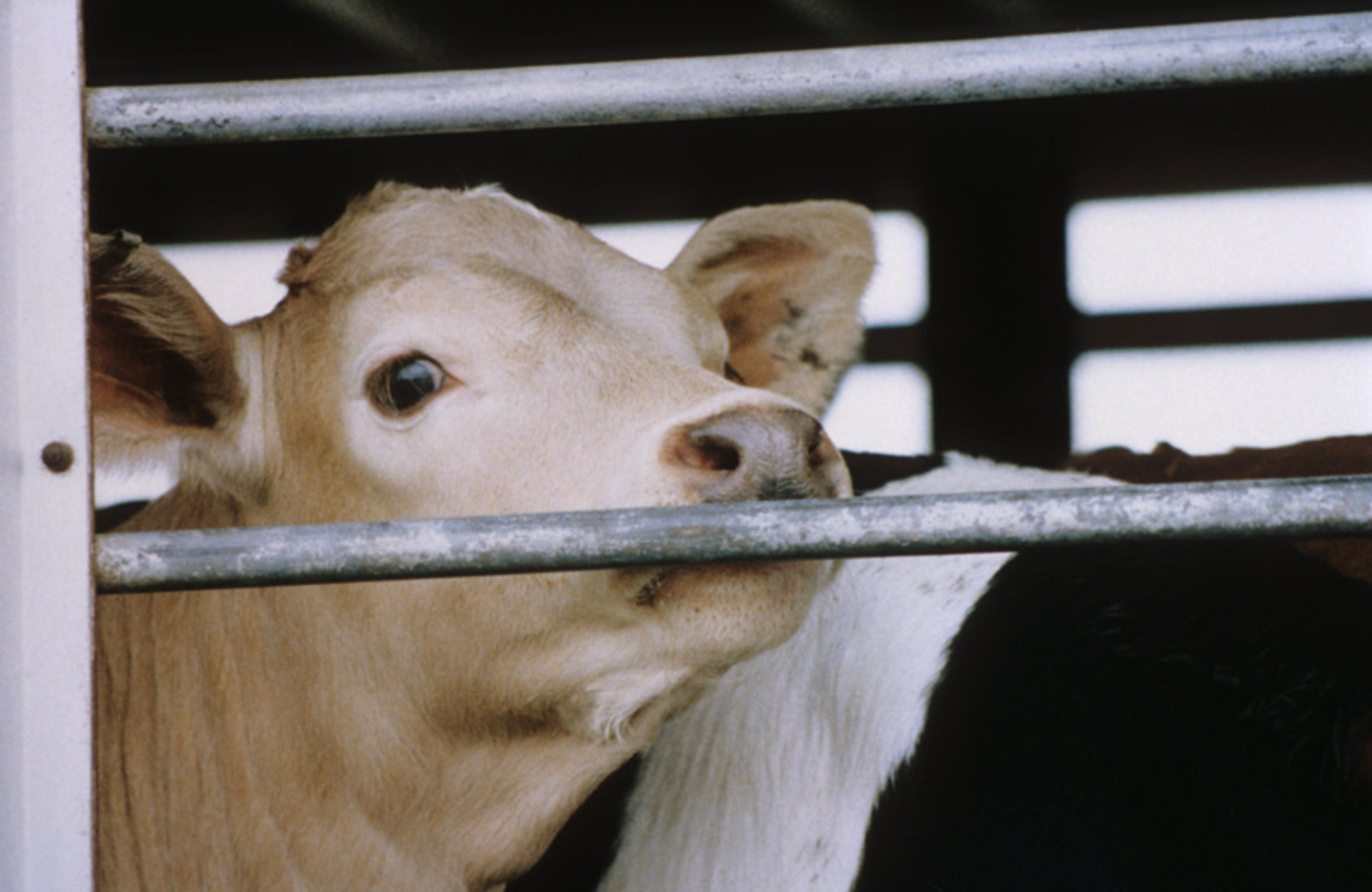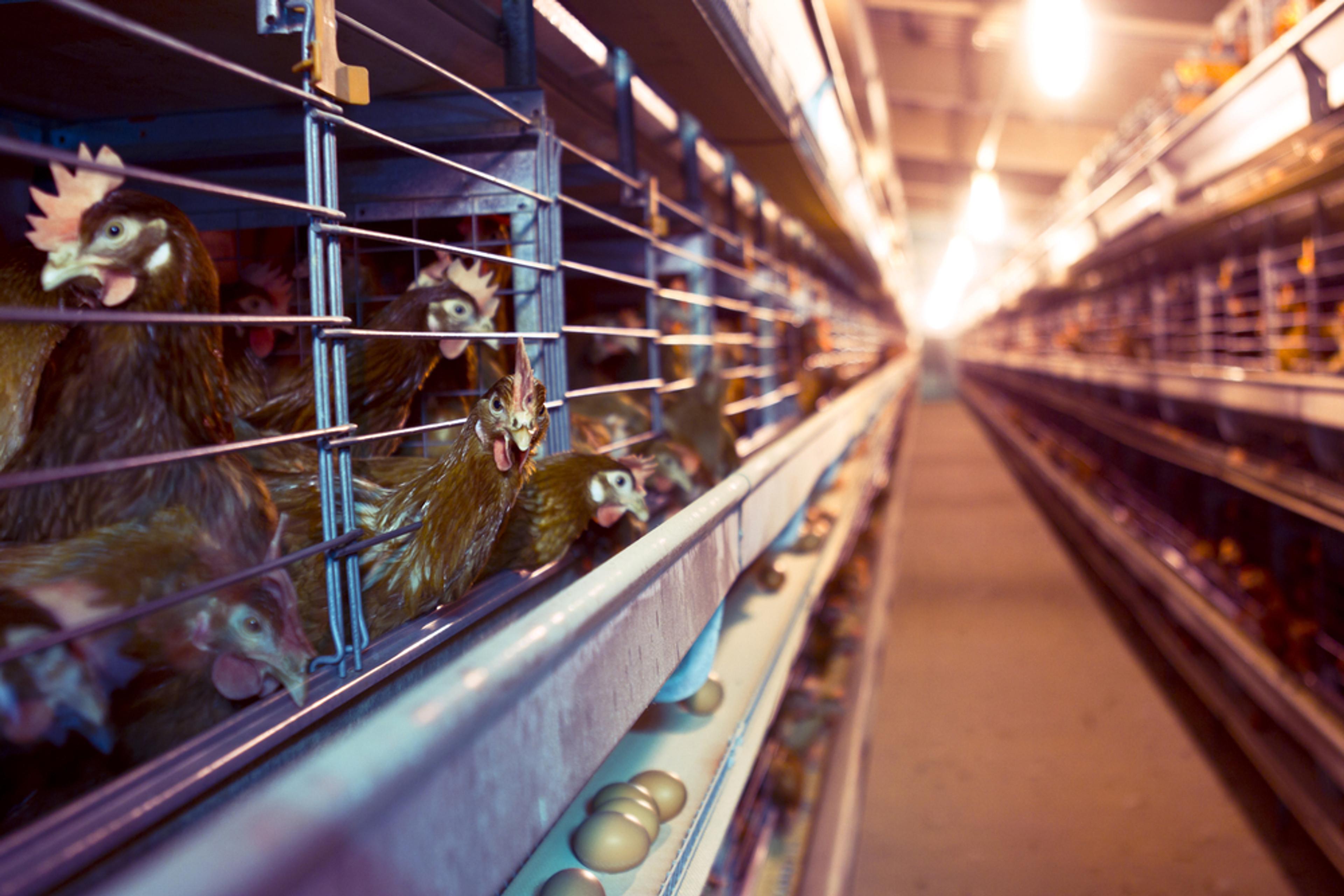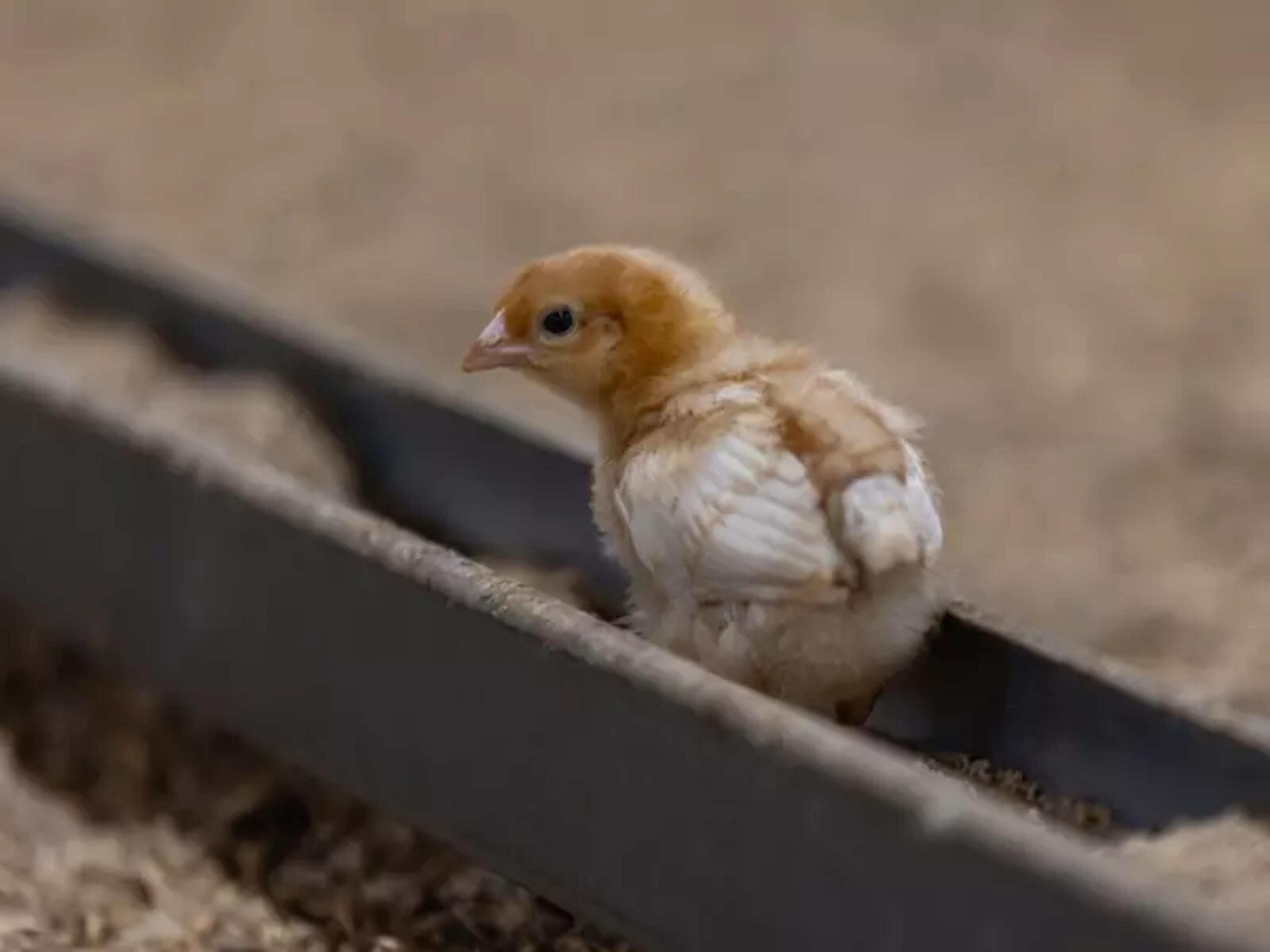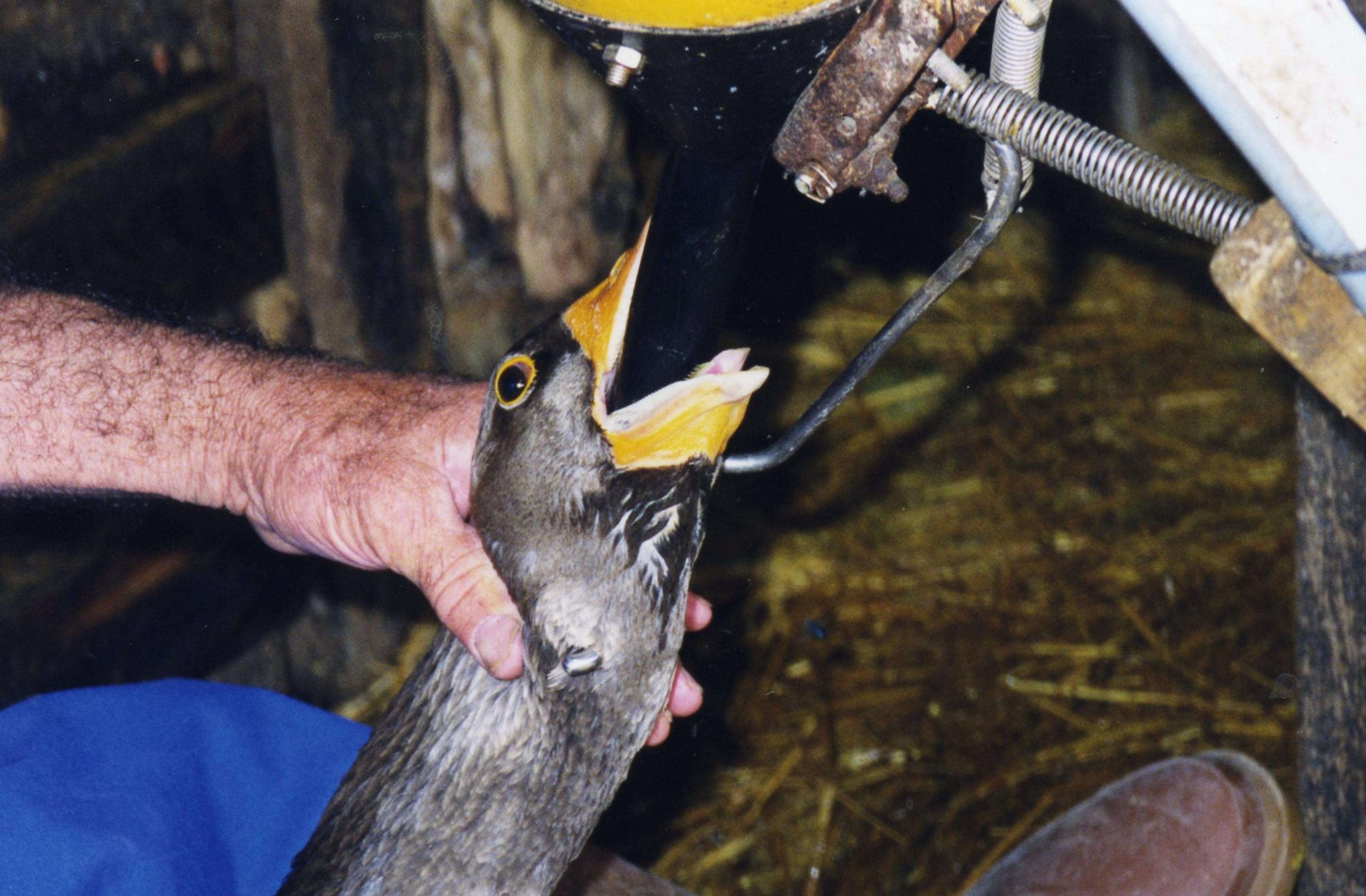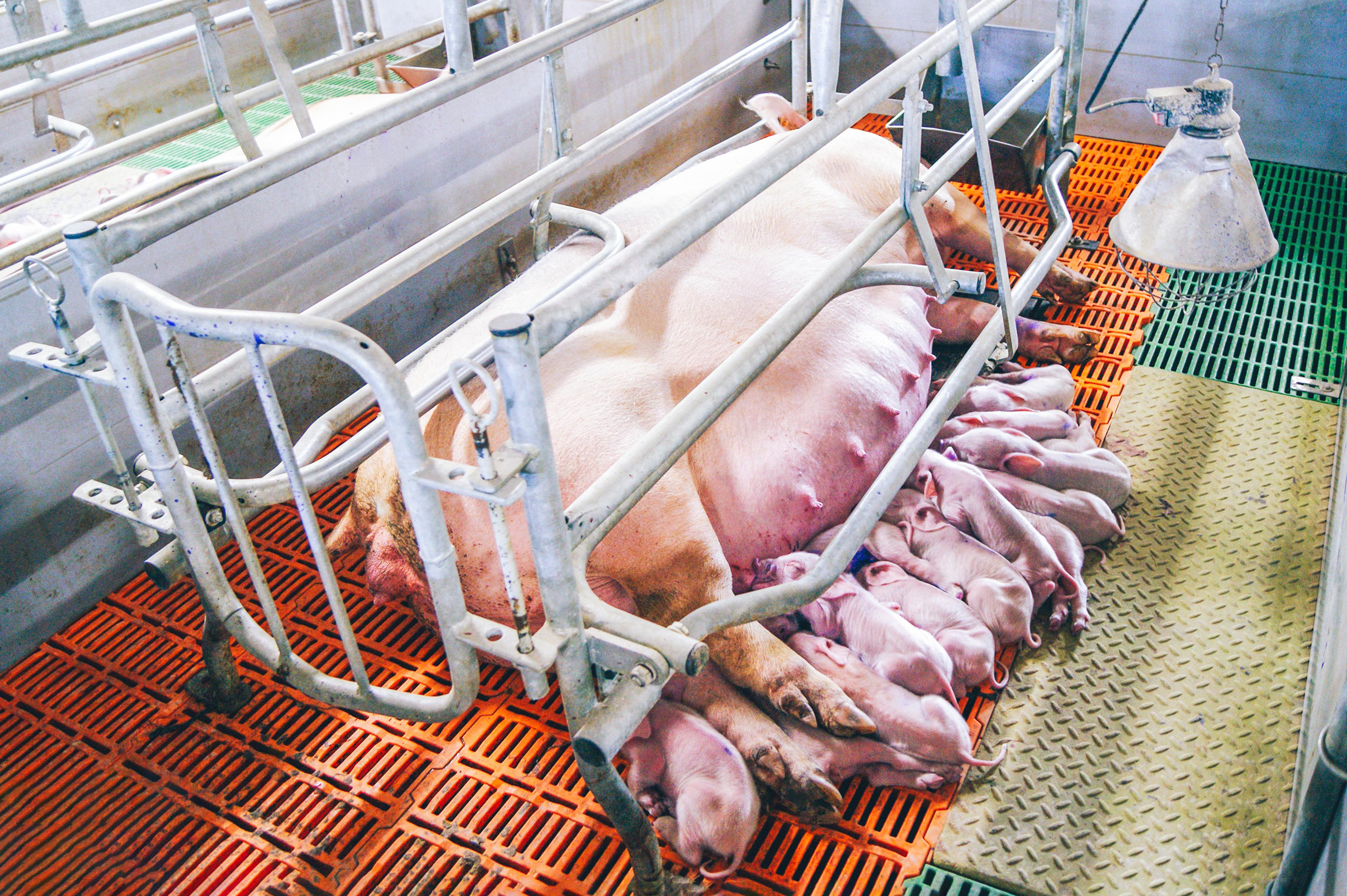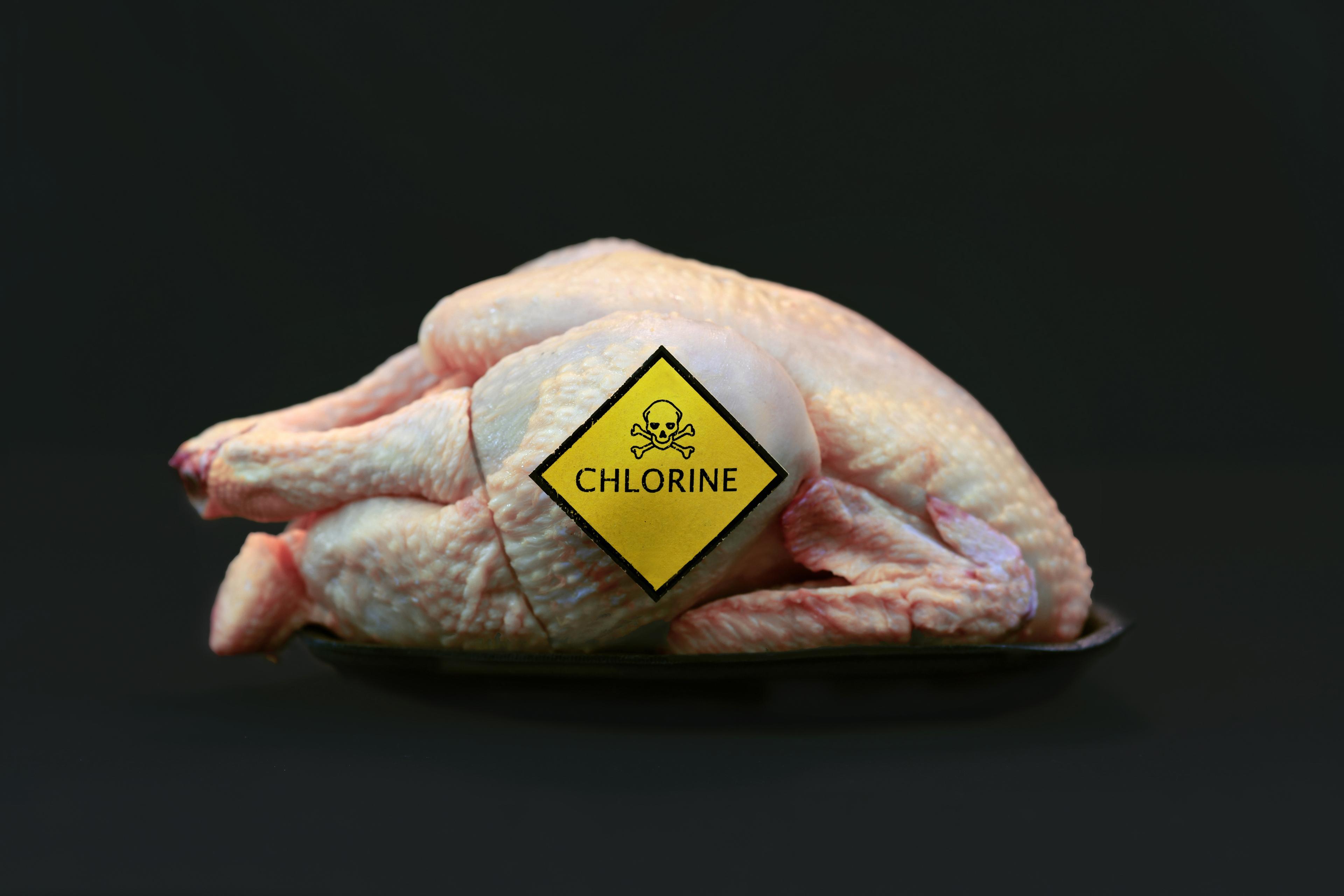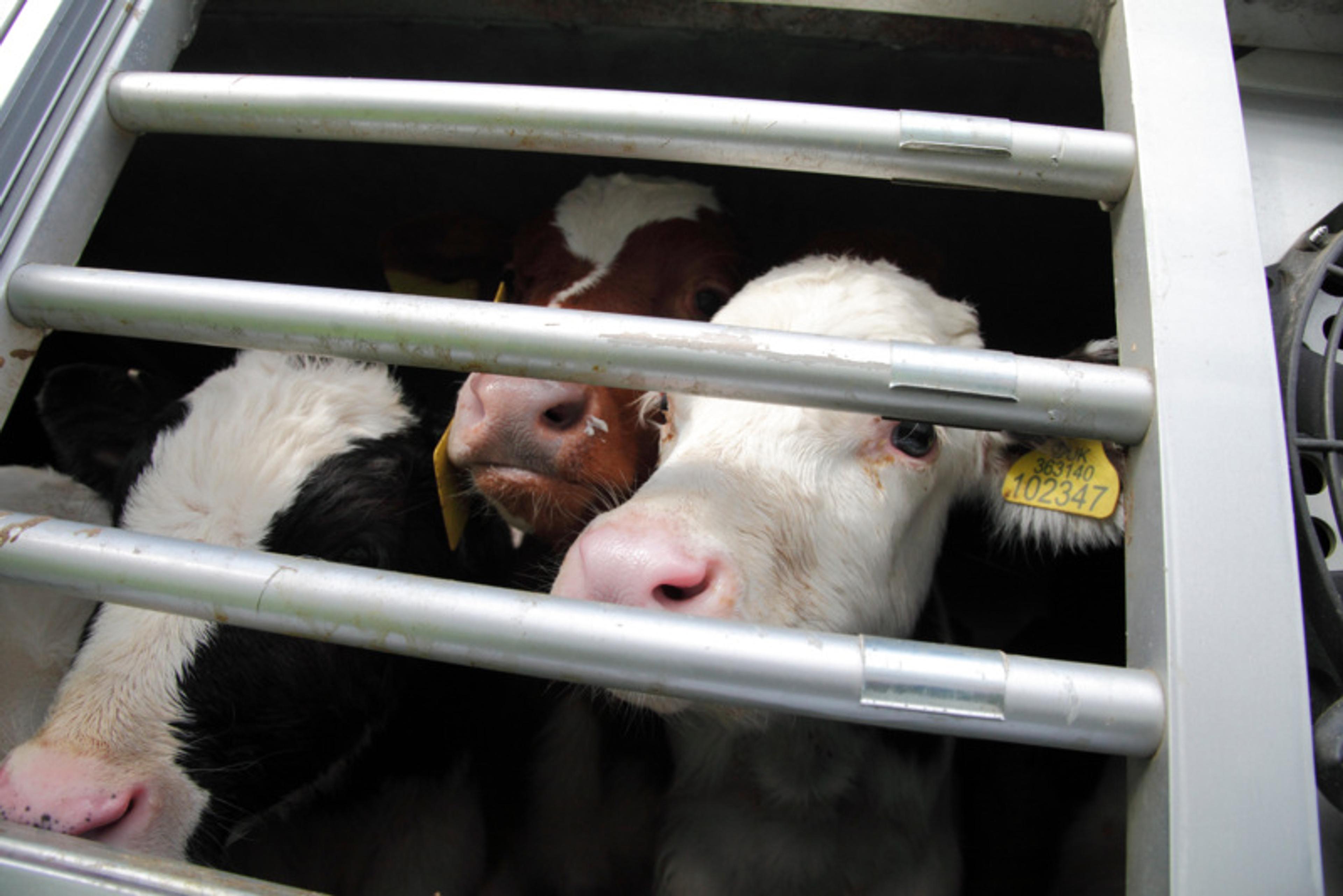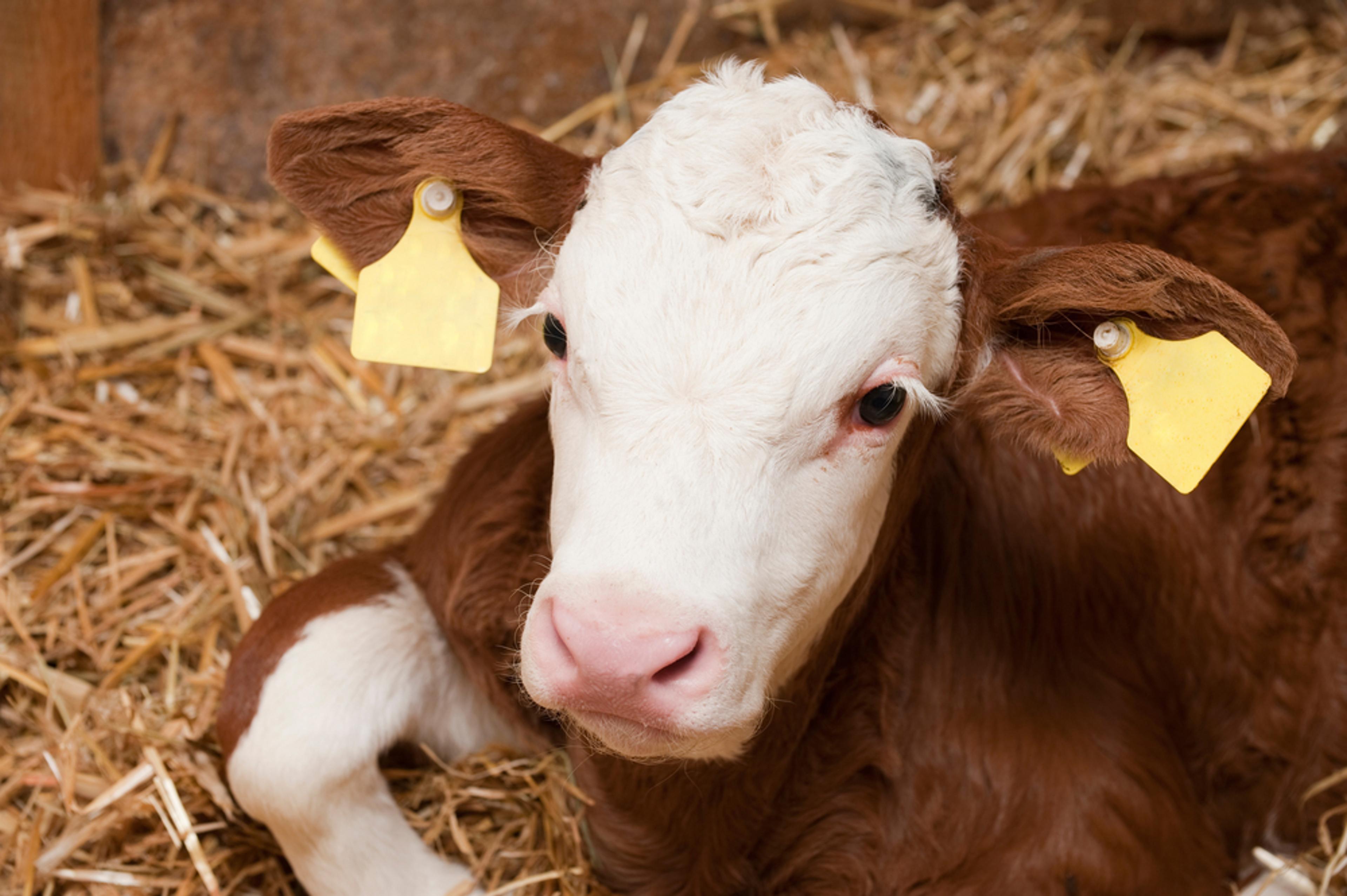Featured articles
Read the highlights
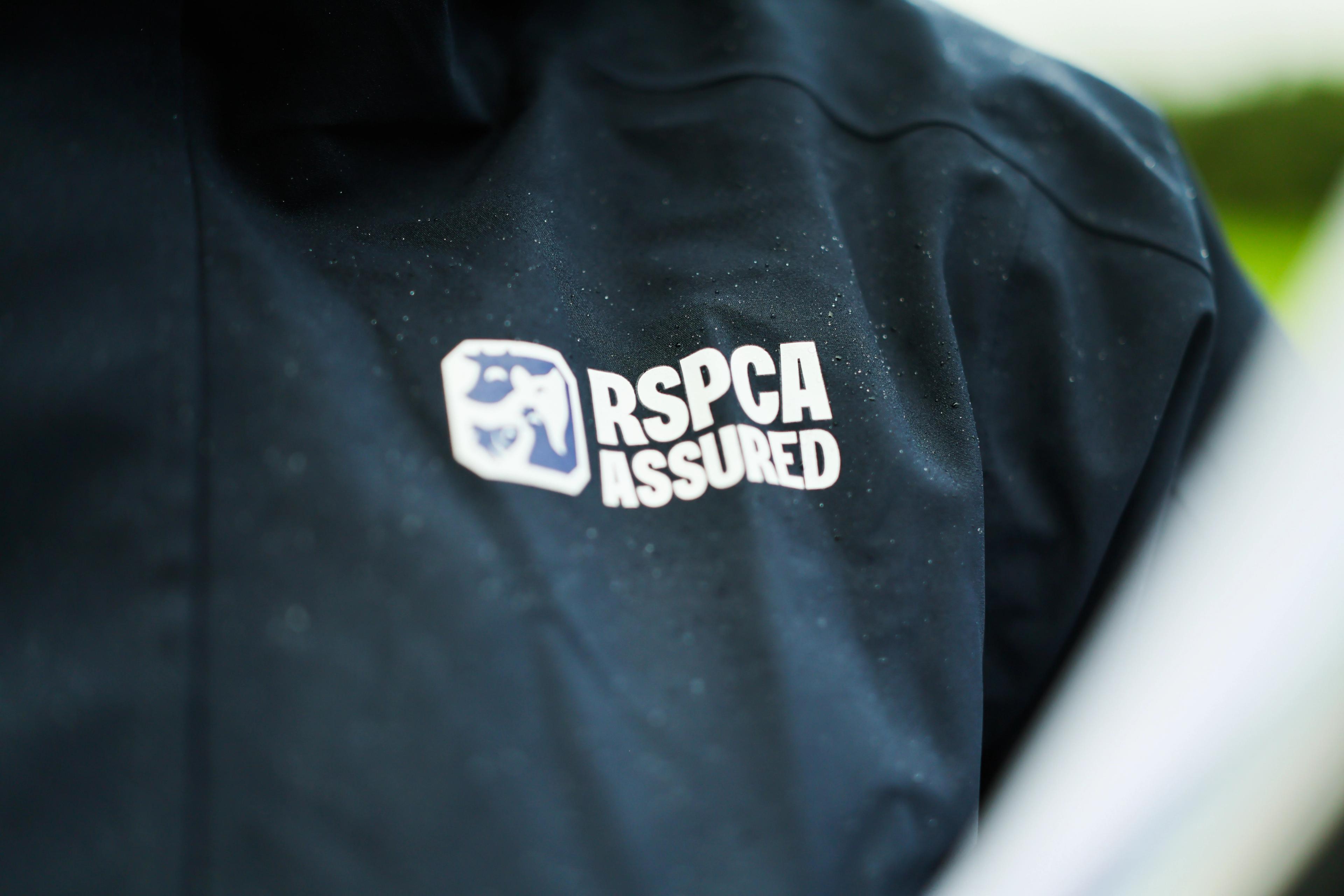
Our new look – and a bigger impact for farmed animals
I’m really proud to share something exciting with you – RSPCA Assured has a brand new look!
You’ve probably already noticed our fresh new design right here on the website.
It’s bold, confident and full of energy – a true reflection of who we are today and where we’re heading.
But it’s more than just a new design. It’s a symbol of how far we’ve come and the ambitious journey we’re on to make life better for millions of farmed animals.
I’ll never forget the first time I saw our new label mocked up on a box of eggs. After months of creative planning, testing and fine-tuning, there it was – bright, confident and full of meaning.
It’ll take some time for supermarkets, food companies and restaurants to update their packaging, so you’ll see both the old and new labels on shelves for a little while yet.
But rest assured, the standards behind them remain exactly the same.
Why we’ve rebranded
Our refreshed brand colours and RSPCA Assured label are designed to make higher welfare products even easier to spot – whether you’re shopping in your local supermarket or eating out.
We want to inspire more shoppers, farmers and food businesses to join us in improving the lives of millions of farmed animals.
And if you choose to eat meat, fish, eggs or dairy, we want it to be simple to pick the higher-welfare option with confidence.
The difference we’re making
Today, around a quarter of all UK farmed animals - including salmon - are cared for to the RSPCA’s higher welfare standards under the RSPCA Assured scheme.
That’s tens of millions of animals living better lives – with more space, enrichment and the freedom to move around, dustbathe, perch or forage – thanks to the hard work of our members and the compassionate choices made by shoppers like you.
But we want to go even further. Our new brand is part of a wider effort to reach more people, raise awareness and, ultimately, help more animals than ever before.
What the RSPCA Assured label means to me
Recently, I was lucky enough to visit one of our member chicken farms and, as always, I was struck by the difference the RSPCA’s higher welfare standards make.
The birds were calm, curious and active – and you could feel the care that had gone into creating that environment. That’s what our work is all about.
So when I pick up a packet of food with the RSPCA Assured label on it, I see so much more than a certification mark.
I see the farmers who take pride in doing things the right way. I see our assessors travelling the country to carry out detailed inspections. And I see the animal welfare scientists who review the standards to reflect the latest research.
That’s what makes RSPCA Assured special.
Building a kinder food system together
When you spot the RSPCA Assured label on food packaging and menus, it means the farms – and every stage of the animals’ lives – have been assessed to the RSPCA’s strict farmed animal welfare standards.
And every time someone chooses RSPCA Assured, they’re helping create change.
Each purchase sends a message that animal welfare matters – and together we’re building a food system built on compassion, not compromise.
We know shoppers want to make ethical choices they can trust, and our job is to make that as easy as possible.
The new RSPCA Assured label is designed to do exactly that: to stand out, to inform, and to empower people to make a difference every day.
How you can help
So next time you’re doing your food shop, look out for our new label.
It’s still the same trusted scheme you know, backed by the RSPCA’s science-based standards – but with a fresh new look.
And for me personally, it’s a daily reminder of why I do what I do: to help create a kinder world for every farmed animal.
